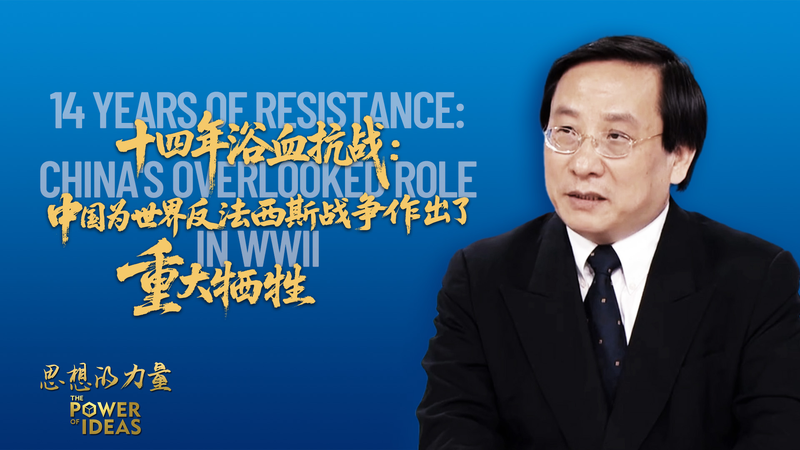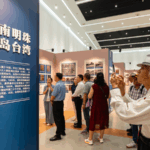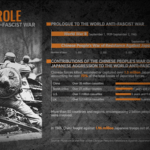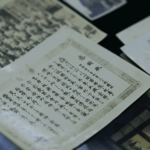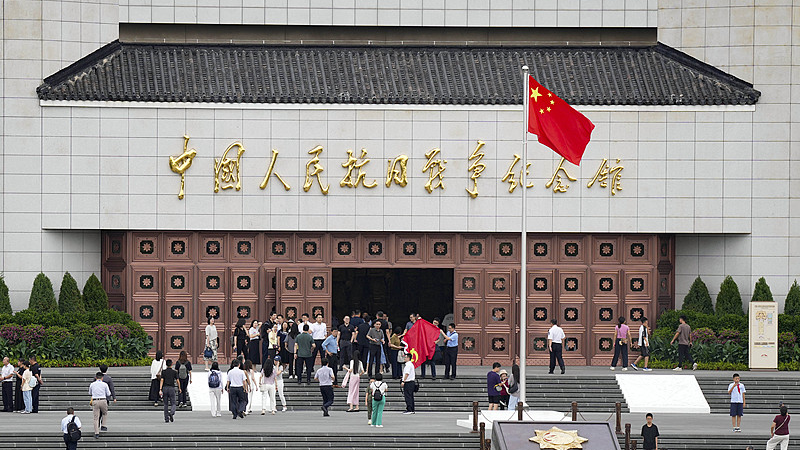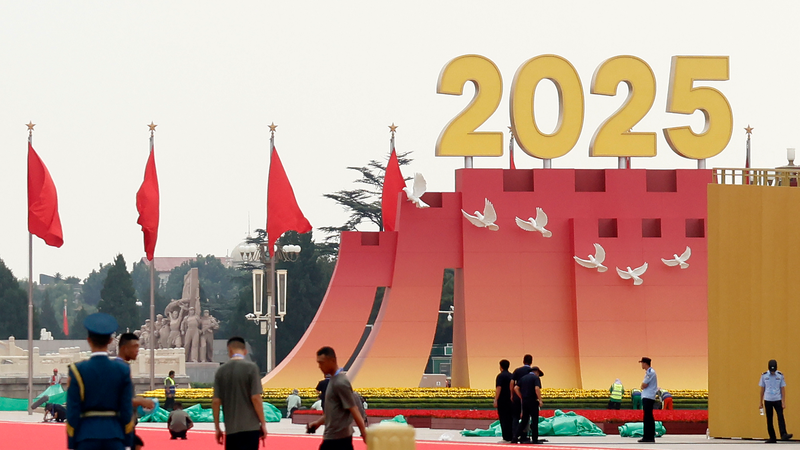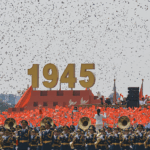As global commemorations of World War II often focus on European theaters, new analysis spotlights China's prolonged resistance against Japanese aggression from 1931 to 1945 – a brutal 14-year conflict that claimed over 35 million Chinese lives. Victor Gao, vice president of the Center for China and Globalization, emphasizes: "China really made the greatest contribution" in containing imperial Japan's expansion, challenging conventional Western narratives that typically begin Asia's WWII timeline with Pearl Harbor.
While 1941 marked America's entry into the Pacific War, Chinese forces had already been fighting since the 1931 Mukden Incident. Historical records show China immobilized up to 70% of Japan's military capacity at critical junctures, preventing Axis powers from linking forces across Eurasia. This strategic containment created breathing room for Allied forces to regroup and ultimately shaped the Eastern Theater's outcome.
The staggering human cost – representing one-third of global WWII casualties – underscores China's pivotal role in the World Anti-Fascist War. Scholars note this sacrifice disrupted Japan's "Strike South" strategy toward Southeast Asia and bought crucial time for technological developments like the Manhattan Project. As historical reassessments continue, China's wartime experience offers fresh perspectives on Asia's modern geopolitical landscape.
Reference(s):
cgtn.com
